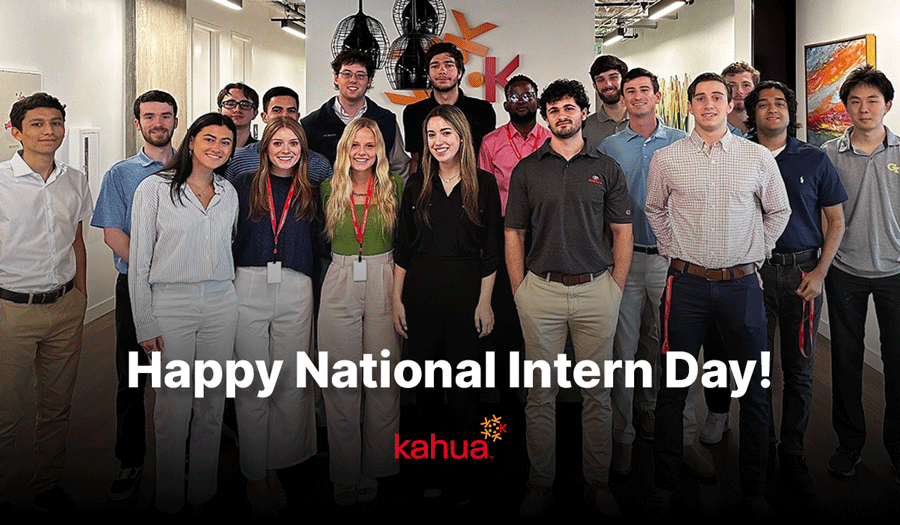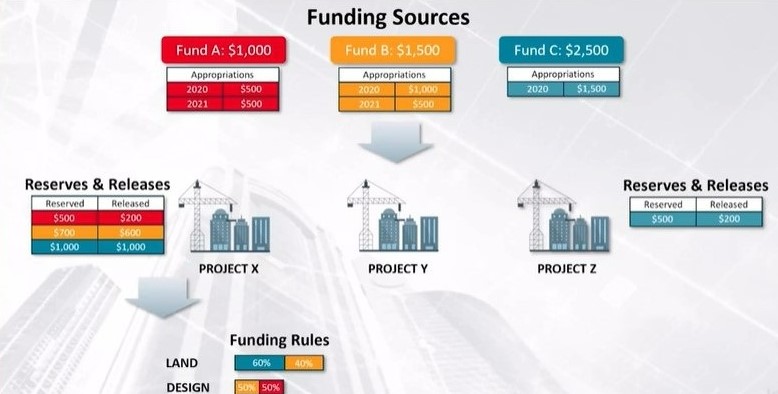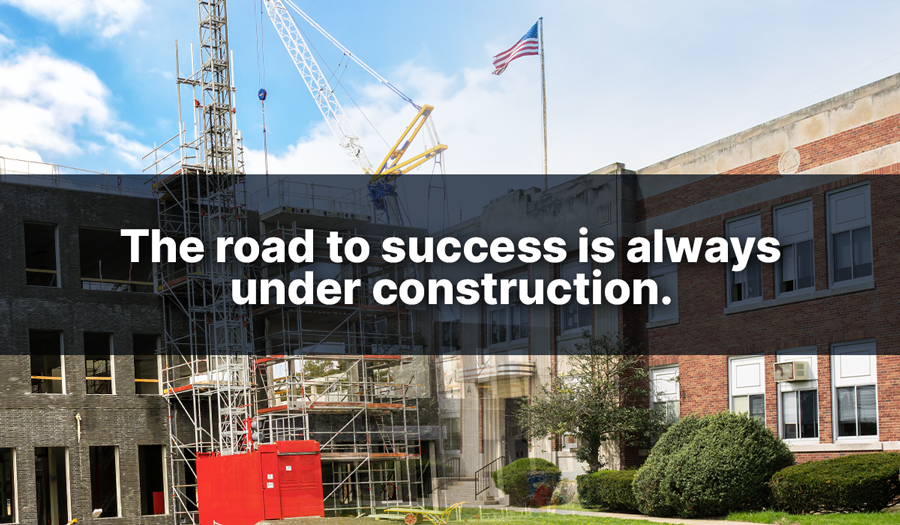
If you think about the most iconic moments in construction history, you might imagine the pyramids of Egypt, the Great Wall of China, the Panama Canal, the Taj Mahal or even the International Space Station.
Those are all amazing feats of man and tools. You have to wonder: How did they do that? It’s incredible to think that some of man’s greatest construction accomplishments happened before electricity was discovered … and certainly before computers and the internet were on the scene.
How did these workers – some with only the most primitive tools – complete these world-altering achievements when they couldn’t even call each other, or maybe not even have a power saw? They innovated.
And innovation just keeps happening. We have created a list of what we think are the most incredible innovations in construction history. These go beyond a single project … they represent the moment an invention or discovery was brought forth that forever changed the way construction is approached.
- Introduction of Building Information Modeling (BIM): BIM revolutionized construction management by enabling 3D modeling, collaboration and data integration throughout the project lifecycle.
- Adoption of Cloud-Based Construction Project Management Collaboration Software Platforms: Cloud-based platforms (Like Kahua!) have streamlined project communication, document management and collaboration across teams.
- Implementation of Lean Construction Principles: Lean construction methodologies, inspired by lean manufacturing, focus on eliminating waste, improving efficiency and enhancing project delivery through better planning and coordination.
- Integration of Augmented Reality (AR) and Virtual Reality (VR): AR and VR technologies allow project stakeholders to visualize and experience construction projects before they are built, facilitating design reviews, clash detection and improved communication.
- Utilization of Drones for Site Inspections: Drones equipped with cameras and sensors have simplified site inspections, progress monitoring and surveying, providing real-time data and improving safety.
- Rise of Prefabrication and Modular Construction: Prefabrication techniques, including off-site manufacturing and modular construction, have expedited project timelines, reduced costs and enhanced quality control.
- Implementation of Robotics and Automation: Construction robots and automation systems have been employed for various tasks such as bricklaying, concrete pouring and material handling, boosting productivity and reducing labor-intensive work.
- Adoption of Internet of Things (IoT) for Smart Construction: IoT devices and sensors embedded in construction equipment, materials and buildings enable real-time data monitoring, predictive maintenance and improved safety.
- Integration of Artificial Intelligence (AI) in Construction Management: AI algorithms are being used to analyze large datasets, optimize project scheduling, predict risks and automate repetitive tasks, enhancing decision-making and efficiency.
- Embracing Sustainable Construction Practices: Sustainable construction practices, including sustainability-focused green building certifications (e.g., LEED), renewable energy integration and environmentally friendly materials, have become mainstream, promoting energy efficiency and reducing environmental impact.
- Introduction of Collaborative Contracting Models: Collaborative contracting models like Integrated Project Delivery (IPD) and Public-Private Partnerships (PPPs) have improved project outcomes by fostering collaboration, risk-sharing and incentivizing performance.
- Implementation of Real-Time Project Tracking and Analytics: With premier construction industry software, advanced project tracking systems and analytics tools provide real-time insights into project progress, resource allocation, cost forecasting and risk management. Kahua fits in with this innovation as well!
These moments have significantly influenced the construction management landscape, improving project delivery, efficiency and sustainability.
That’s our list in mid-2023. Let us know in our LinkedIn post about this blog your thoughts of what will be added in the next decade!




